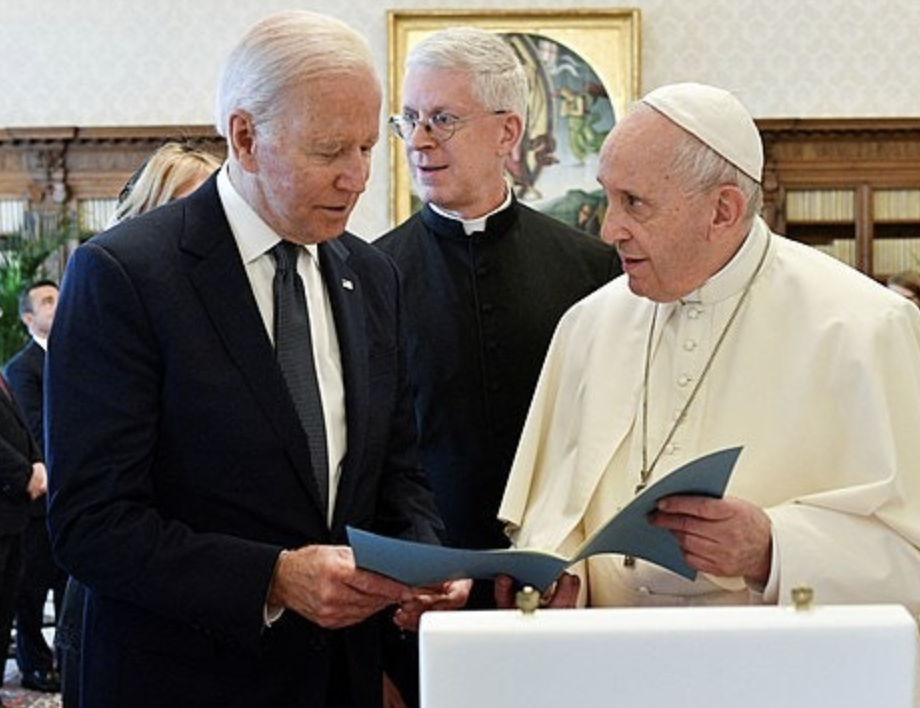This question rocks the Internet year after year: Is "Die Hard" a "Christmas movie"?
How about "Frosty the Snowman," "Home Alone," "Elf" or "A Bad Moms Christmas"? Is "A Christmas Story" really a "Christmas" story? What about those Hallmark Channel visions of romance, complicated families and wall-to-wall holiday decorations?
The answer to these questions, and many others, hinges on how Americans answer another question: What is "Christmas"?
Ask that question to an iPhone and Siri will quote Wikipedia: "Christmas is an annual festival commemorating the birth of Jesus Christ, observed primarily on December 25 as a religious and cultural celebration among billions of people around the world."
Most people know that much of the story, according to a new survey by Lifeway Research in Nashville. Nearly 75% of Americans say Jesus was born more than 2,000 years ago in Bethlehem and even more believe that Jesus is the Son of God the Father.
After that, things get fuzzy.
"Lots of people celebrate Christmas, but some have no interest in celebrating the birth of Jesus Christ," said Scott McConnell, executive director of Lifeway. "But even some of the people who do take the Christmas message seriously don't understand what it means. …
"This is a story that hasn't changed for 2,000 years, yet many people struggle to tell the story and get the details right. Many don't know why Jesus was born."
Nine of out 10 adult Americans celebrate Christmas, including many non-Christians, according to this September survey of 1,005 Americans, with participants selected to balance gender, age, region, ethnicity, education and religion. This finding matches earlier research.
While Catholics (99%) and Protestants (97%) are the most likely to celebrate Christmas, 82% of religiously unaffiliated Americans also take part, along with 74% of believers in other religious faiths.










